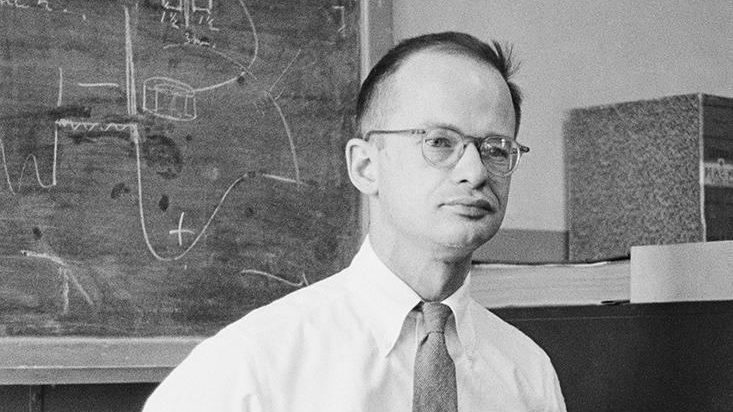How Basic Income Could Unlock Humanity’s Altruism and Creativity

It’s difficult to deny the attractive qualities a Universal Basic Income (UBI) holds. A radical policy such as this could right many of the inequalities that exist in our societies, says Eva Cox, a former program director of Social Inquiry at the University of Technology, Sydney.
“Brought together, it is clear that a Universal Basic Income (UBI), if implemented appropriately, could help address historic gender, race and material inequities,” Cox wrote in an essay for the Green Institute, titled Why a Universal Basic Income Can Address Historic, Gender and Material Inequities (pdf).
She argues there’s a bias in how we calculate the GDP, which does not account for many unpaid activities that contribute to the health of our society and economy. “My case for changing the paid work bias is based on wider traditions that recognize the value of widely diverse ways of living and contributing to the common good and personal wellbeing.”
At its core, the purpose of a UBI is to create opportunity and freedom where it formerly never existed. It would help ease the frustration many factory workers in America’s heartland are facing with the rise of automation and give those in poverty a chance for something better. This movement has a message centered around creating a fair start for everyone, and challenging misconceptions surrounding the very nature of work. It’s an idea that has had promising outcomes for society in at least one past study.
But many economists question its practicality. It’s an expensive system to be sure, which is why many countries (the Netherlands, Finland, and Canada) are launching pilot programs to test how it might best be implemented and whether the return is worth the investment.
Cox argues that a UBI would not only recognize the unpaid contributions people already make through volunteer projects and societal demands, it could also encourage its expansion. “It would allow people to redirect some of their energies to unpaid roles, encourage creativity, enterprise and goodwill,” writes Cox. She continues:
“If we accept officially that people are not essentially lazy or work-shy, we can change the current assumption that welfare payments need to be mean and stigmatising, with sexist and racist overtones. Removing requirements to search for paid work or prove incapacity, would enable many more people to feel value and return a sense of agency.”
Universal Basic Income is an idea that has long been discussed by history’s great thinkers, but is finally being tested. Whether its time has come is still being debated and trialled, but many hope it can narrow the inequality that causes so much societal tension. The proof of its worth will be in the data.





